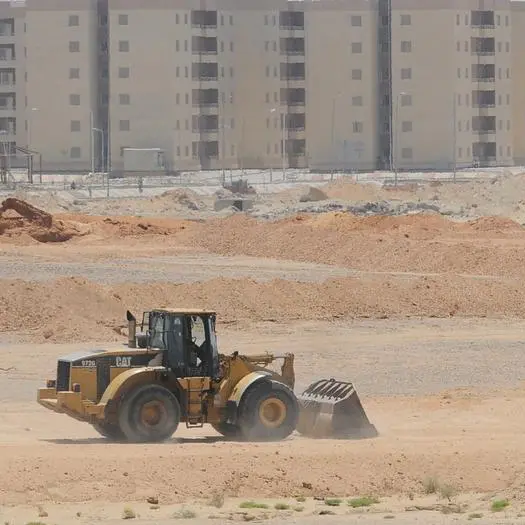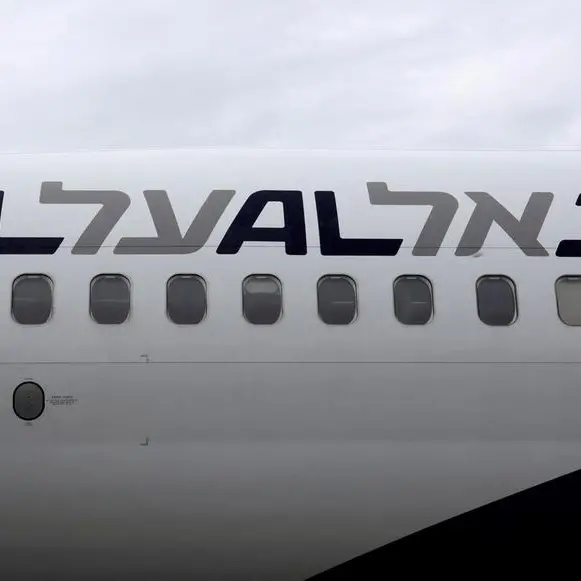PHOTO
In June 2018, six months after the UAE and Saudi Arabia introduced value-added tax (VAT), Thomson Reuters Projects, in conjunction with Deloitte Middle East, hosted a round table in Dubai to discuss the impact of the tax on the construction industry.
The main findings of the round table were released in a white paper published earlier this month. (Download the full white paper here).
The roundtable brought together local and regional construction firms, offering a platform for them to share their experiences of operating within the new tax regime, while VAT experts from Deloitte Middle East and Thomson Reuters also offered their perspective.
Guest speaker Nurena Tarafder, director at Deloitte Middle East's Indirect Tax team, provided insights on the roll-out of VAT across the Gulf and updated attendees on the clarifications and guidance issued by the various tax authorities.
Attendees discussed the impact of VAT on the construction industry’s complex supply chains, uncertainties over the application and recovery of VAT, emerging industry best practices, and the impact of filing periods on cash flow.
Participants shared the practical knowledge they’ve gained through collecting and recovering VAT. By comparing experiences, they were able to discern where correct practice is clearest as well as the areas where the tax authorities might need to provide further clarification.
Here is a taster of some of the findings attendees observed in each country and which are outlined in the white paper:
Saudi Arabia: six-month update:
• The General Authority of Zakat and Tax (GAZT) issued numerous guides covering the application of VAT for various industries, in both Arabic and English. GAZT also launched an app that has reportedly achieved more than 1.4 million downloads.
• Deloitte reported that the Saudi tax authority appears to be conducting field inspections, a fact confirmed by a roundtable attendee whose firm received a visit within two weeks of its first return. GAZT has also issued violation notices, with more than 5,000 sent to non-compliant businesses across multiple sectors. These notices were for issues such as late registration, not displaying a VAT registration certificate, issuing incorrect invoices and late filing of returns.
• One of the early issues that arose with VAT in Saudi Arabia was the need for invoices to be in Arabic. Given the difficulty that some businesses had in generating Arabic as well as English language invoices, businesses have questioned whether they can recover VAT if an invoice received from a supplier is not in Arabic.
UAE: six-month update:
• The UAE’s Federal Tax Authority (FTA) released its guide for the country’s real estate sector in March 2018, the first industry-specific guide it has published.
• The UAE now also has a voluntary disclosure function available on its e-services portal, and a guide has recently been released on how and when to use it.
• For businesses issuing invoices in currencies other than dirhams, the UAE Central Bank now publishes a daily exchange rate, which should be used in VAT calculations.
• The tax authority has also issued a clarification on the treatment of transitional contracts in line with the stated laws. This states that if a contract is explicit about a payment being inclusive or exclusive of VAT, then businesses should follow what is in the contract.
• If the contract is silent on VAT, then it is up to the supplier to communicate with its customer to ascertain whether or not the customer is VAT-registered and if it is in a position to recover VAT.
• Earlier this year the FTA introduced an amnesty for businesses that hadn’t registered for VAT within the required timeframe.
(Download the full white paper here).
(Writing by Shane McGinley; Editing by Michael Fahy)
(shane.mcginley@thomsonreuters.com)
Our Standards: The Thomson Reuters Trust Principles
Disclaimer: This article is provided for informational purposes only. The content does not provide tax, legal or investment advice or opinion regarding the suitability, value or profitability of any particular security, portfolio or investment strategy. Read our full disclaimer policy here.
For more data, analytics, tools and news on projects in the Middle East visit the Thomson Reuters Projects portal
© ZAWYA 2018





















